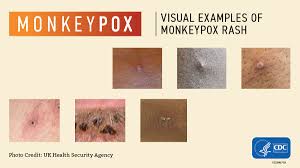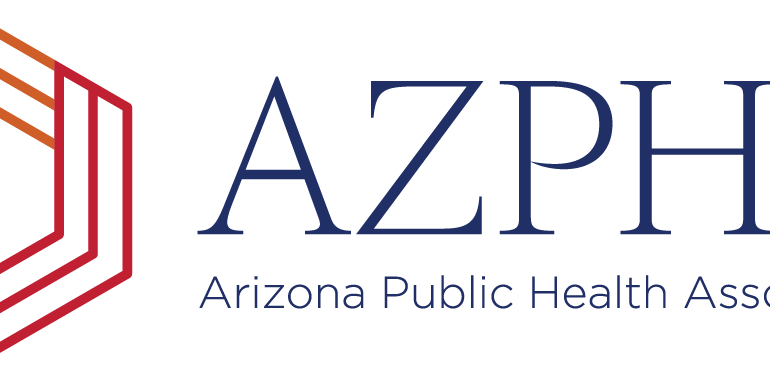HHS Secretary Becerra declared a public health emergency last Thursday in a move that could, among other things, allow the administration to tap into additional federal funds for the response. The declaration doesn’t appear to be just to unlock funds though… the Secretary also appears to want to use some of his new emergency authority to fast-track vaccines and therapies – moves that require authority over and above his normal powers as Secretary
FDA Commissioner Robert Califf simultaneously announced the FDA is considering allowing Jynneos, (the monkeypox vaccine) to be given in two doses that are only 20% of the normal dose which would allow 5 times as many people to get vaccinated.
If FDA authorizes the new lower dose, it would be contingent on using the vaccine “intradermally” rather than by injection. Intradermal vaccination involves slipping a smaller-than-normal needle under the top layer of the skin to deposit the vaccine. Because skin is rich with antigen-presenting cells that can activate a strong immune response the theory is that lower doses can still be effective. Intradermal vaccination isn’t standard practice and clinicians will require training in the technique. Intradermal vaccination may also cause short-term discomfort, itching, redness, and swelling at the injection site.
A study conducted about a decade ago and published in 2015 in the journal Vaccine showed that a one-fifth dose of this vaccine delivered by intradermal injection can trigger an immune response similar to that of two standard doses injected into muscle.
Declaring a federal public health emergency has a few main purposes: 1) changing policies (regulations) that you can’t change in a non-emergency; 2) offering contracts you usually can’t offer; and 3) accessing emergency funds that are off limits unless it’s an emergency.
Here’s the Act under which a PH emergency can be declared: https://www.phe.gov/Preparedness/legal/Pages/phedeclaration.aspx (BTW: Health & Human Services Secretary Becerra would declare the emergency, not President Biden)
If Becerra declares an emergency, it will give him a fair amount of added authority to change policy, reassign staff and access emergency funds like:
- Make grants and enter into contracts and provide supplies, equipment, and services, and reassign HHS staff to work on monkeypox.
- Allow HHS to access emergency money in the Public Health Emergency Fund to rapidly respond to immediate needs resulting from the PHE
- Allows CDC to access the Infectious Diseases Rapid Response Reserve Fund
- Allows HHS to waive certain HIPPA regulations (I can’t see them needing to do that)
There are other authorities a declaration gives HHS agencies- but those are the main things. Interestingly, releasing stuff in the Strategic National Stockpile (e.g., monkeypox/smallpox vaccine) doesn’t require an emergency declaration.
Here’s the list of PH emergencies. Lots of declarations for weather events. For infectious diseases there have been declarations for COVID (of course) but also Zika and H1N1 influenza. Public Health Emergency Declarations
Special Note: Monkeypox is not a reportable disease in Arizona (it’s not included in the list of reportable disease under AAC R9-6-202) but the ADHS director has the authority to make it reportable in ARS 36-136(H). Good public health practice requires solid surveillance – which includes mandatory reporting. Without it, you’re likely to have incomplete surveillance, which in this case, means being placed lower on the priority list for vaccine. After our advocacy over the last few days, look for ADHS to finally make monkeypox reportable this week.

